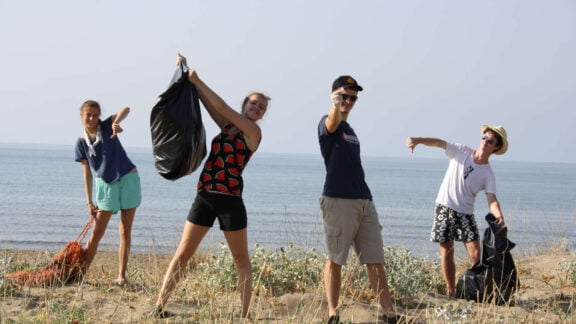Black Cladding is a practice which exploits cultural identity for financial gain and undermines Aboriginal entrepreneurs of opportunities. It is unethical and often illegal, and works against Closing the Gap initiatives in Aboriginal business.
Black Cladding involves deceptive practices where non-Aboriginal individuals or entities manipulate business structures to appear Aboriginal-owned. It exploits cultural and social frameworks and undermines the authenticity of Aboriginal businesses, and deprives Aboriginal entrepreneurs of resources and stymies growth.
In the heart of every Aboriginal business lies a vision, culture, and purpose that differ from non-Aboriginal enterprises. These businesses to be resilient need to be steeped in the values of mob, community, and culture.
Marginalisation of First Nations business owners
The most insidious aspect of Black Cladding is the marginalisation of First Nations business owners within their own enterprises. Imagine holding majority ownership but being excluded from crucial decision making processes, strategy formulation, and daily operations These owners must know crucial decision-making processes, strategy formulation, and daily business operations. Despite holding majority ownership, through Black Cladding, they are kept out of the loop, reducing their role to mere figureheads.
Fictitious loan agreements is another tactic sometimes seen used in Black Cladding schemes. Agreements are crafted solely to siphon off profits, denying First Nations business owners the financial benefits they deserve. Such practices are unethical and illegal, involving deliberately misrepresenting financial transactions to manipulate profit distributions.
Contractor and shareholder agreements often feature related parties receiving disproportionately exorbitant amounts under the guise of “expenses.” These so-called ‘expenses’ are strategically inflated to drain the business’s profits. This deprivation ensures that the Aboriginal business remains financially crippled, unable to invest in community development or capacity building.
First Nations sidelined
A Black Cladding trick is to establish director boards that sideline First Nations managers and owners. What occurs is that despite having majority ownership, Aboriginal peoples cannot develop their business skills, or control their own enterprise.
A classic Black Cladding tactic is to establish structures that sideline First Nations managers and owners. Despite having majority ownership, First Nations peoples are kept in the dark, unable to develop their business skills or control their own enterprises. In these instances information sharing is minimal, leaving them unaware of key decisions and strategic directions. A lack of transparency emerges that stifles the development of Aboriginal leadership within the business.
Black Clad businesses often fail to employ Aboriginal peoples. If an enterprise claims to be an Aboriginal business, but lacks First Nations employees, it may be a facade.
Addressing Black Cladding requires vigilance and a commitment to integrity. Stakeholders, including government agencies, business partners, and consumers, must proactively verify First Nations Aboriginal businesses’ authenticity.
Genuine First Nations businesses must be supported through transparent practices, capacity building, and profit-sharing arrangements that ensure a sustainable, and fair business environment.
Battling Black Cladding
Recognising and combating Black Cladding practices is important. The spirit of First Nations peoples needs to be imbedded in Aboriginal business development. It is at the heart of Aboriginal economic growth.
In response, have developed a masterclass, ‘Battling Black Cladding,( BaM💥), to help detect Black Cladding. We dive into strategies to combat Black Cladding and enhance economic growth in Aboriginal communities through relevant business practices.
BaM💥 masterclass is designed for those committed to supporting Closing The Gap initiatives within First Nations business frameworks.
For more information on the BaM💥 masterclass
*Greek First Nations lawyer Matthew Karakoulakis based in Adelaide, was named the Australasian Law Awards’ Most Influential Leading Lawyers in Australia for 2023. To find out more contact Matthew Karakoulakis through www.amklaw.com.au









